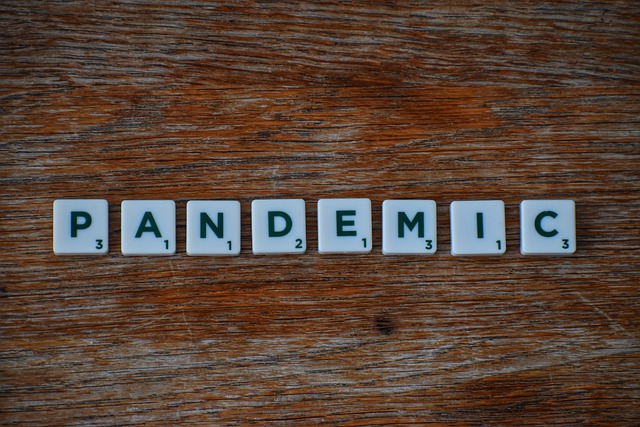You’ve heard it about a million time this year, you’ve said it, and you’re probably sick of it! The COVID-19 pandemic has dominated world headlines and changed the way we live over the past year. It has even changed our language.
With 2020 largely being lost to COVID-19, it seems fitting that both Merriam-Webster and Dictionary.com named ‘Pandemic” the Word of the Year.
“Sometimes a single word defines an era, and it’s fitting that in this exceptional—and exceptionally difficult—year, a single word came immediately to the fore as we examined the data that determines what our Word of the Year will be,” wrote Merriam-Webster
“Based upon a statistical analysis of words that are looked up in extremely high numbers in our online dictionary while also showing a significant year-over-year increase in traffic, Merriam-Webster’s Word of the Year for 2020 is pandemic.”
On March 11, the World Health Organization officially declared “that COVID-19 can be characterised as a pandemic”. On this day, ‘pandemic’ saw the single largest spike in dictionary traffic in 2020, showing an increase of 115,806% over lookups compared to the same day in 2019 on Merriam-Webster.
“What is most striking about this word is that it has remained high in our lookups ever since, staying near the top of our word list for the past ten months — even as searches for other related terms, such as coronavirus and COVID-19, have waned,” they said.
Some of their other top word searches include defund, Mamba, Kraken, quarantine, antebellum, schadenfreude, asymptomatic, irregardless, icon and malarkey.
On Dictionary.com, ‘pandemic’ searches skyrocketed 13,575% on that same day compared to 2019. Other popular searches included asymptomatic, CDC, coronavirus, furlough, nonessential, quarantine, and sanitizer.
However, ‘pandemic’ sustained the highest search levels on the site over the course of 2020, averaging a 1000% increase, month over month, relative to previous years.
Picture: Pixabay

